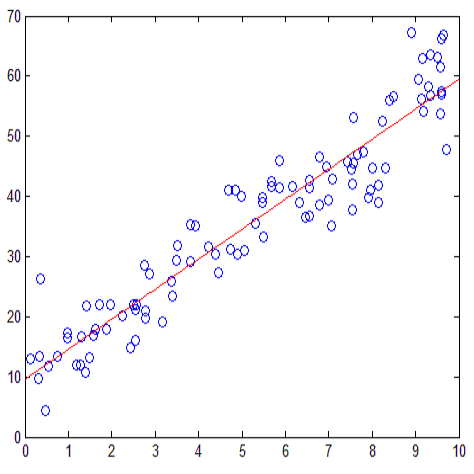Permutation tests are widely recognized as robust alternatives to tests based on the normal theory. Random permutation tests have been frequently employed to assess the significance of variables in linear models. Despite their widespread use, existing random permutation tests lack finite-sample and assumption-free guarantees for controlling type I error in partial correlation tests. To address this standing challenge, we develop a conformal test through permutation-augmented regressions, which we refer to as PALMRT. PALMRT not only achieves power competitive with conventional methods but also provides reliable control of type I errors at no more than $2\alpha$ given any targeted level $\alpha$, for arbitrary fixed-designs and error distributions. We confirmed this through extensive simulations. Compared to the cyclic permutation test (CPT), which also offers theoretical guarantees, PALMRT does not significantly compromise power or set stringent requirements on the sample size, making it suitable for diverse biomedical applications. We further illustrate their differences in a long-Covid study where PALMRT validated key findings previously identified using the t-test, while CPT suffered from a drastic loss of power. We endorse PALMRT as a robust and practical hypothesis test in scientific research for its superior error control, power preservation, and simplicity.
翻译:暂无翻译



